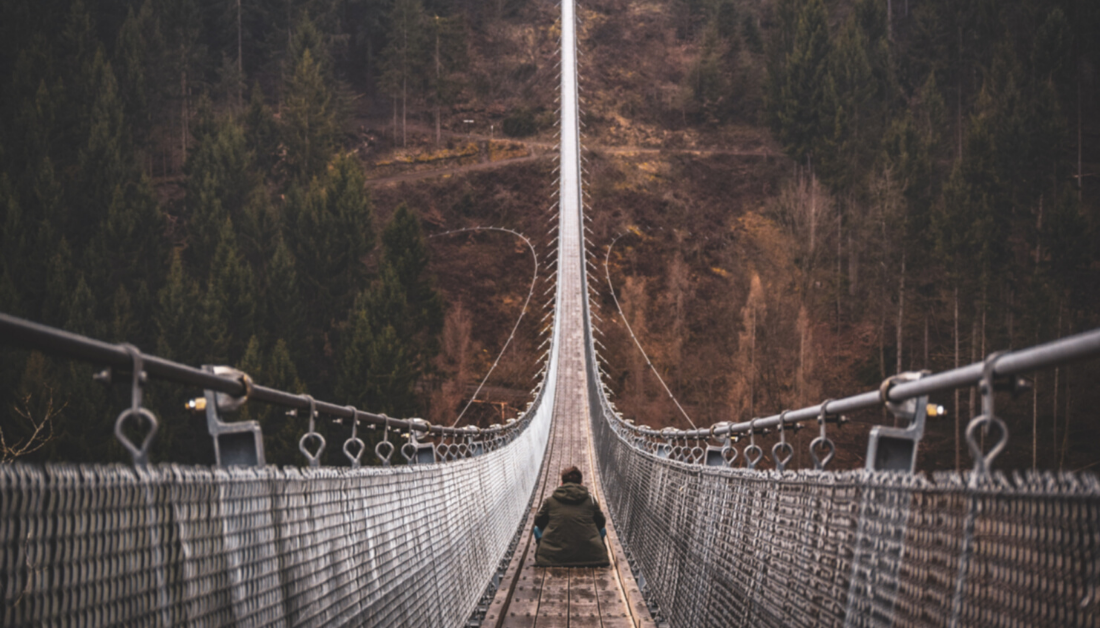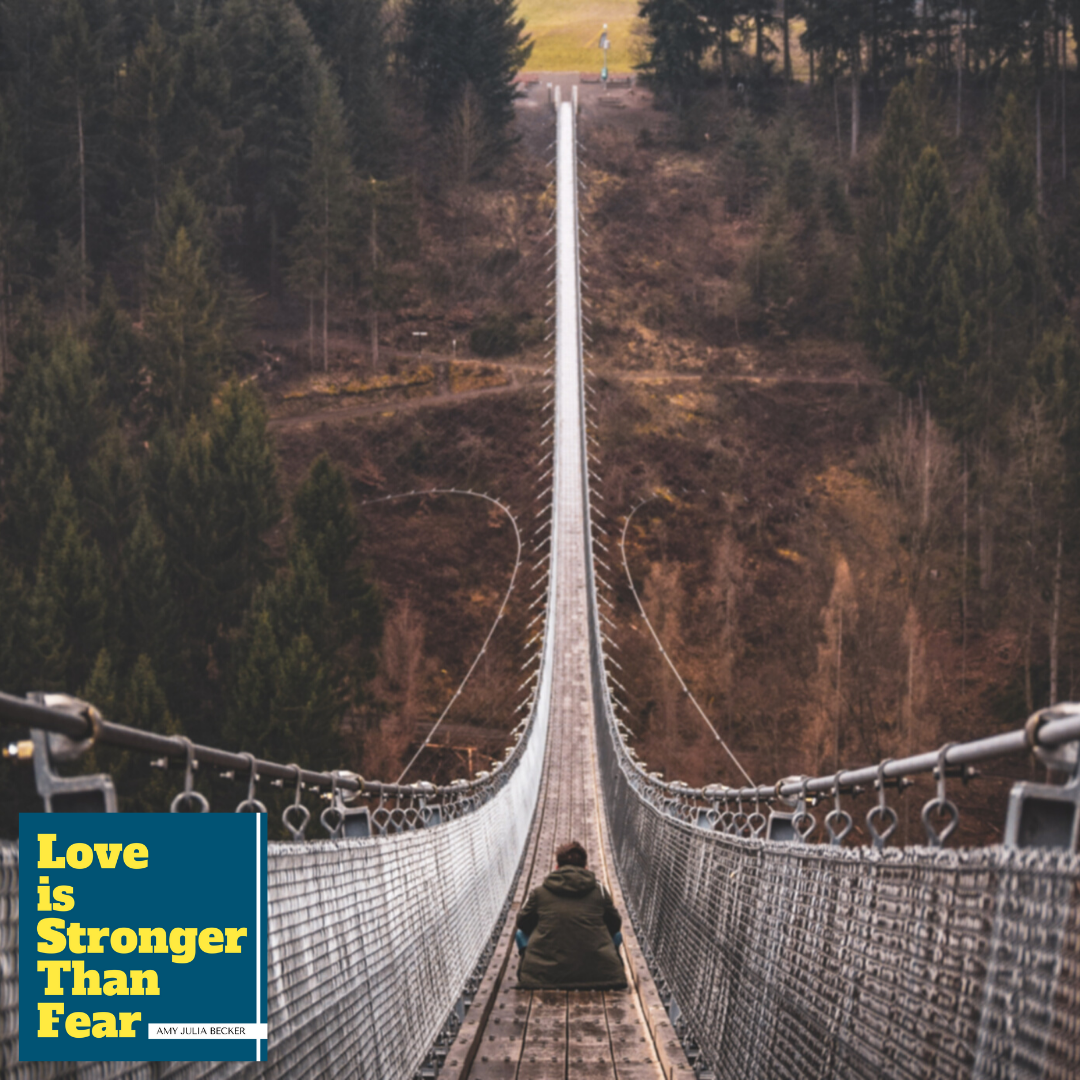
As everyone paying any attention to the news knows, social unrest and protests have broken out across our nation. A black man named George Floyd was killed by a white police officer in Minneapolis last week. That officer has been indicted for murder and manslaughter. On the heels of the video that recorded Floyd’s death, cities across the nation saw peaceful protests as well as acts of vandalism, violence, and looting. Each scene of protest has been accompanied by expressions of despair, hopelessness, anger, and fear by African Americans and other people of color. George Floyd’s death was one in a far-too-long-list of other deaths, and it came in the context of a pandemic that has disproportionately killed people of color. The extent and duration of these protests demonstrate the depth and breadth of our social divisions and pain.
Listen
In the midst of the protests, especially on social media, are many exhortations for white people to listen. Listen before we think we understand the situation. Listen before we judge. Listen before we jump to conclusions. Listen before we assume that there must be an explanation for the egregiously wrong behavior of the police. Listen before we assume it isn’t “as bad” as it might appear from one video. Listen, and learn, and listen some more.
These words should indeed be a refrain for people like me, people who are quick to make our voices known and heard, people who are quick to assume people will listen to us and quick to offer our solutions and opinions.
Listening ideally occurs in the context of personal friendships. Sadly, friendships between white people and people of color are uncommon. And no person of color is responsible for educating me or my fellow white people. If you are white, and you don’t have any close friends who have already been sharing with you their experiences as people of color, what can you do in order to listen?
Listening also occurs by following people on social media (Austin Channing Brown, Christena Cleveland, James Forman Jr., Chenjerai Kumanyika, Latasha Morrison, Patricia Raybon, Natasha Robinson, Bryan Stevenson, Ekemini Uwan, Cornel West), reading memoirs by people of color, and engaging with the personal stories of both present and past that testify to the lived experience of being black and brown in America.
I talk about listening on this week’s podcast episode (Cultivating Peace in a Week of Protest), and it is a crucial aspect to any white person’s response to the events of the past week. But that listening also needs to come in a context.
Learn
I’ve mentioned before the ebook I wrote called Head, Heart, Hands, offering a holistic response to the problems of social division. Similarly, listening is one aspect of a holistic approach to the divisions we face as a nation. Listening needs to be accompanied with learning. Learning comes from placing those stories in the wider context of historic oppression and systemic injustice that people of color across this nation have experienced for centuries. Again, books, movies, and podcasts can guide us into great understanding not only of the personal experiences but the broader social forces at work.
Lament
Learning, listening, and then, especially for people of faith, lament. Lament is a form of prayer by which we express the despair and hopelessness and injustice and anger and sorrow and fear to God. Lament is a way in which white Christians who have not personally experienced injustice and oppression can suffer with their brothers and sisters who have lived with fear, hurt, and anger far too long. (For a far more comprehensive treatment of lament, see Prophetic Lament by Soong-Chan Rah.)
Love
And, finally, we are called to participate in acts of love. These acts will take many forms, and they can begin with small steps. I wrote about five first small steps white people can take as individuals, and on this week’s podcast I talk about next steps towards love.
Yes, we need to listen. We need to be careful not to rush to help with well-meaning but ill-conceived notions of charity or with arrogant displays of power. We need to be eager to correct our misunderstandings and biases. But we also need to be prepared to love—to care with self-sacrificial actions—the African American people who have every right to the same life, liberty, and pursuit of happiness that white Americans have enjoyed for our nation’s history.
Learn.
Listen.
Lament.
And love.
……
Want to read more? Here are some suggestions:
- Choosing to Be Present in Suffering
- George Floyd and Breonna Taylor: Why These Particular Deaths Deserve Our Attention
- Five First Steps toward Participating in Racial Healing
If you haven’t already, please subscribe to receive regular updates and news. You can also follow me on Facebook, Instagram, and Twitter, and you can subscribe to my Love is Stronger Than Fear podcast and my Reading Small Talk podcast on your favorite podcast platforms.



